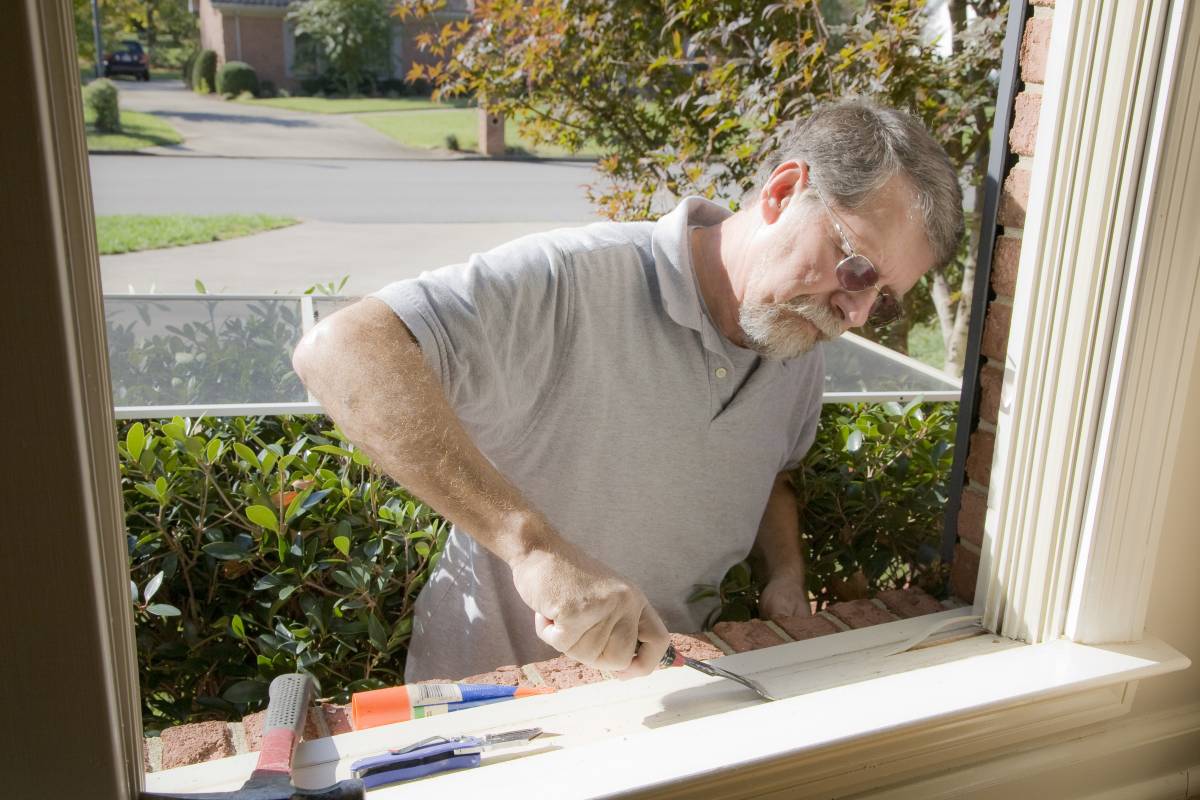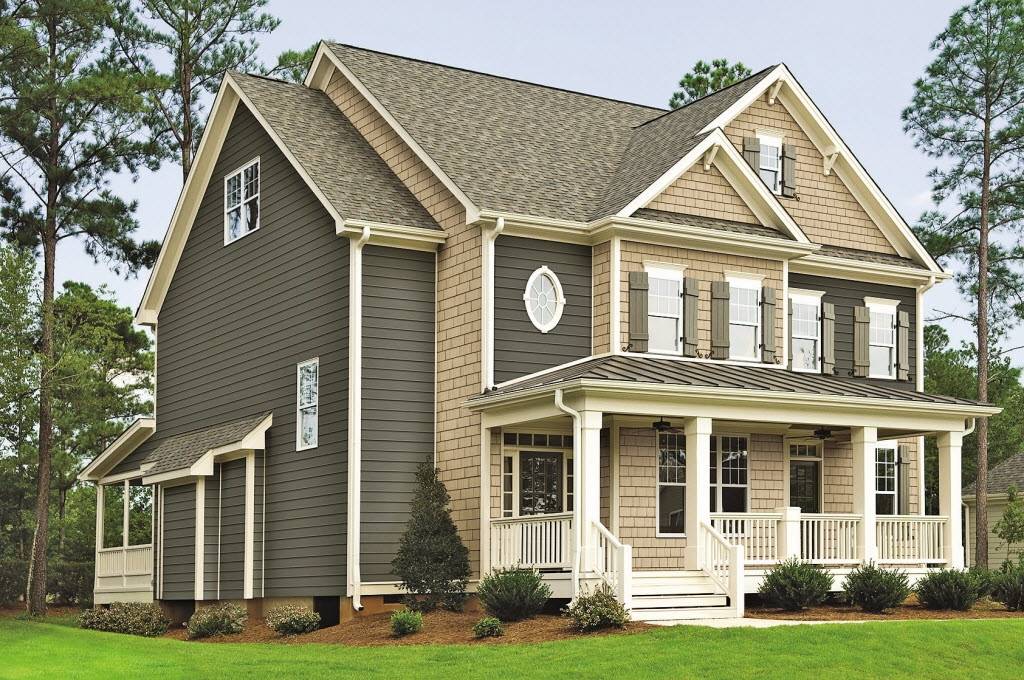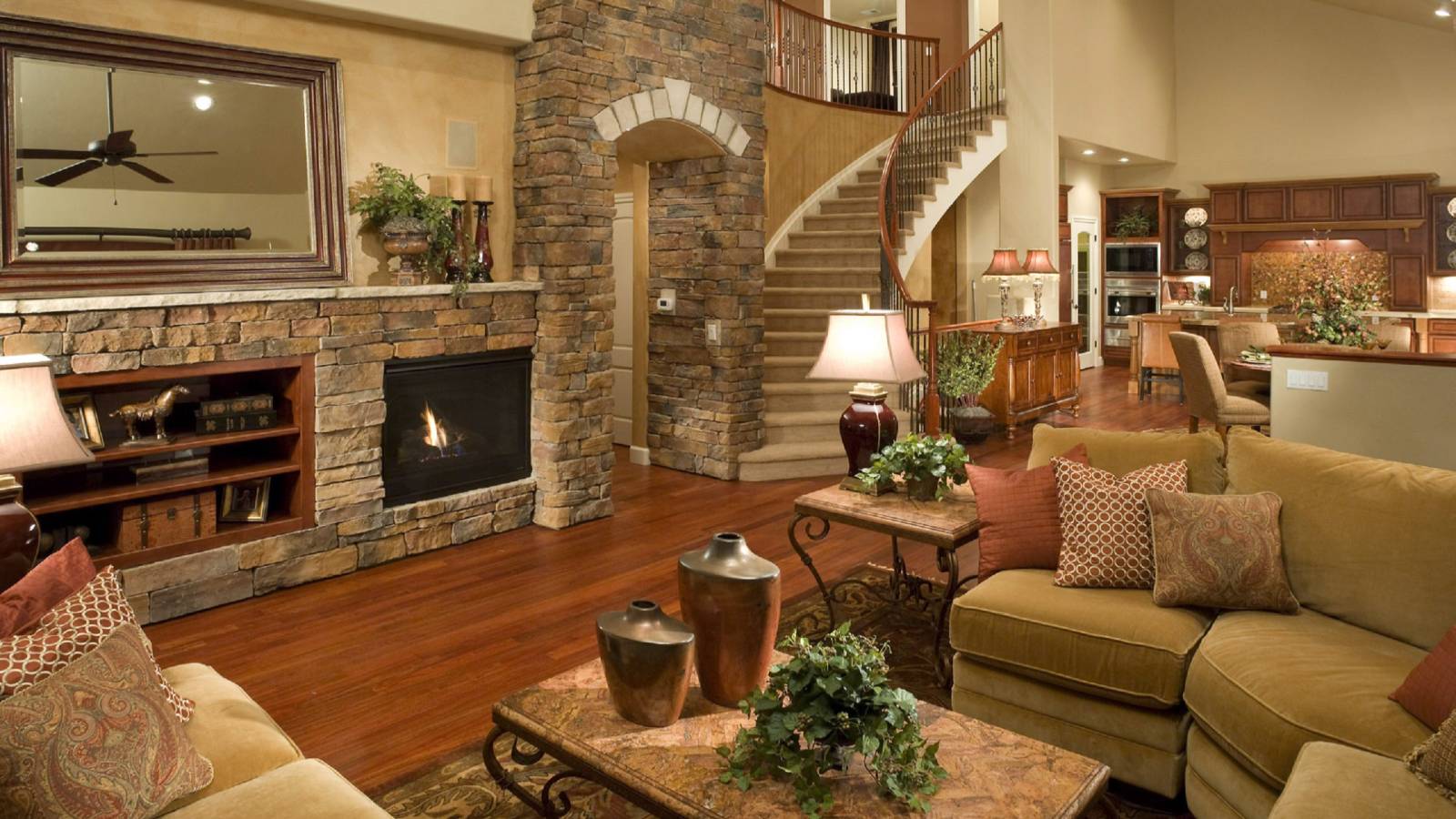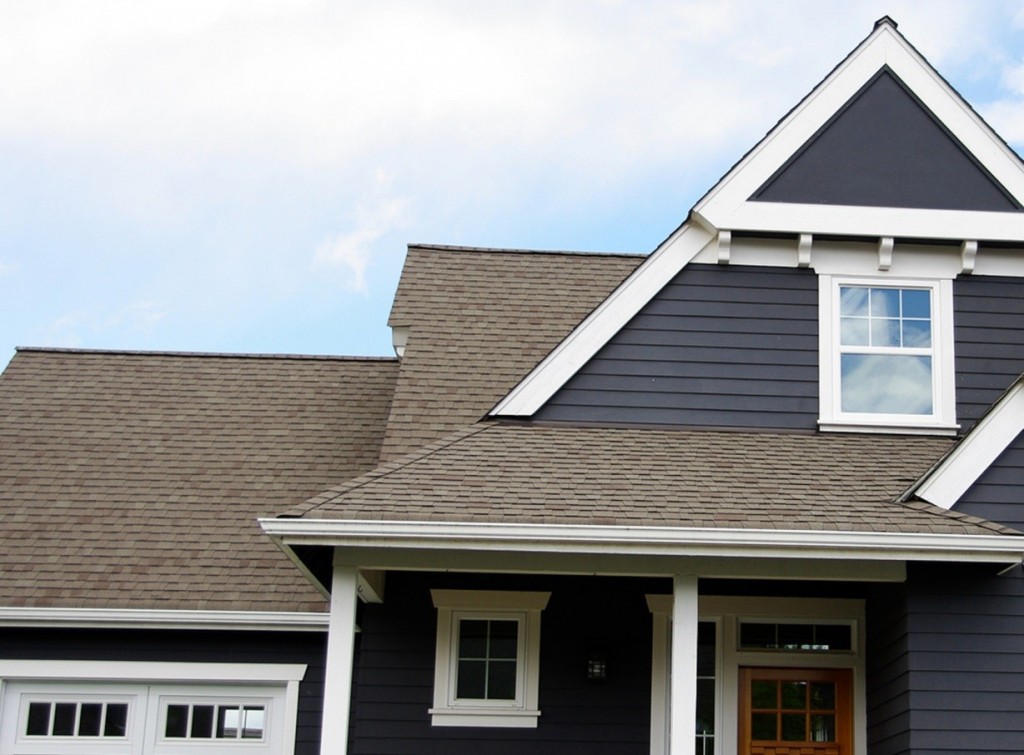What’s your energy story? Many homeowners these days are looking for better ways to lower their energy consumption. After all, we can’t simply stop using electricity altogether. The trick is making more parts of the home energy-efficient.
Here are three great ideas you should consider:
Invest in a better-performing roof
Anything from raging elements to wind-blown projectiles may take a toll on your roof. You need to have it checked for damage from time to time. Keep in mind that old and damaged roofs do no favors for your indoor insulation. Install a new one if you feel like your current roofing in Beaverton, Oregon has reached the end of its service life.
Pick a replacement that offers many levels of protection. Roofing systems from Owens Corning, for example, feature blown-in insulation, underlayment, sealing materials, and starter shingles. These components work together to give your roof a better fighting chance against the weather and outdoor temperatures.
Check and replace leaky windows

Gaps on the framing, cracks on the glass, as well as the space between the window framing and the wall are common weak spots in the home. These allow unwanted air to enter or leave. Consequently, they make your HVAC systems work harder in balancing the temperature indoors.
Getting rid of problematic windows can help heating and cooling significantly. This is especially true if you opt for replacement units with enhanced thermal properties. Vinyl frames, for example, provide great insulation. Combined with high-performing glass packages, these can help lower your utility bills down the line.
Install new siding

Exterior cladding isn’t just for aesthetics; it affects the temperature inside your home, as well. That’s why your siding in Vancouver, WA, is so important. If what you have right now is prone to rot, warping, physical damage, and moisture concerns, it may not be compatible with your area’s weather conditions.
HardieZone™ technology from James Hardie® helps you determine the best siding for your home. Under this classification system, the arid summers and mild winters of Portland and Vancouver, WA, fall under HardieZone 10. We recommend wrapping your home in James Hardie’s thermally superior HZ10 fiber-cement cladding. It has features specifically designed to withstand the local climate. It can keep you safe and comfortable indoors for a long time.
Making your home more energy-efficient is best left in the hands of the experts, such as American Exteriors. We’ve helped countless homeowners with their energy concerns through our prompt and professional services. If you have a project for us, give us a call at (360) 699-0690.
Source: http://amazing-exteriors.com/
Table of Contents

